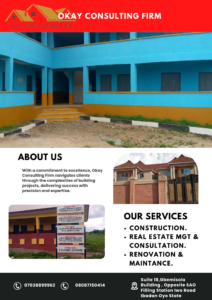Federal Government Proposes 12-Year Uninterrupted Basic Education System in Nigeria

The Federal Government has unveiled a major reform proposal for Nigeria’s education system, advocating for the abolition of Junior and Senior Secondary Schools in favour of a 12-year uninterrupted basic education framework. The proposal, presented by Minister of Education Dr. Tunji Alausa at the 2025 Extraordinary National Council on Education (NCE) meeting, aims to replace the current 6-3-3-4 system with a 12-4 model.

Under the proposed system, students will complete 12 years of basic education before progressing to tertiary institutions. The reform also recommends setting 16 years as the minimum entry age for higher education, aligning Nigeria’s education system with global standards.


Dr. Alausa emphasized that the 12-year basic education framework will provide students with a continuous learning experience, better preparing them for higher education and employment. “Many developed countries have adopted similar systems, ensuring students acquire a strong foundation before specialization. This reform will enhance Nigeria’s global competitiveness and improve educational outcomes,” he stated.
The minister highlighted that extending basic education would help reduce dropout rates by eliminating financial and systemic barriers. Additionally, the reform will integrate vocational, entrepreneurial, and digital literacy training into the curriculum, equipping students with 21st-century skills.

To ensure the success of the reform, the government plans to introduce changes in curriculum development, teacher recruitment, infrastructure expansion, and funding strategies. Dr. Alausa urged stakeholders to support the initiative, stressing the need for bold and strategic decisions to revamp Nigeria’s education sector.
While state governments oversee primary and secondary schools, the federal government will provide technical and financial assistance to ensure the sustainability of the new system.
Dr. Alausa described the proposed reform as a necessary step toward building a more inclusive, equitable, and competitive education sector.
“This initiative will position Nigeria for long-term socio-economic growth and ensure that our students are well-prepared for the challenges of the future,” he said.

